Sounds familiar?
“I’m sorry. I’m really busy today, I’ll call you later.”
“I’ve just been so busy lately”
“Sorry for the late reply – I was really busy yesterday”
“Sorry I was in back-to-back meetings and couldn’t get back you”
I bet you either say or hear one of these phrases last week. Because we are all so busy.
But why?
Cal Newport, author of Deep Work: Rules for Focused Success in a Distracted World, defines this as Busyness as Proxy for Productivity.
In the absence of clear indicators of what it means to be productive and valuable in their jobs, many knowledge workers turn back toward an industrial indicator of productivity: doing lots of stuff in a visible manner.
I really like this definition. It clearly highlights being busy does not mean being productive. Also beautifully expresses how everybody is delusional because of meaningless norms of today’s so-called “modern” work life. We spend so much time on email, social media, and “available” to interruption in Slack is because it creates the experience that we’re continually engaged in an activity, leading us to the false conclusion that if we’re always busy, we must be being productive.
Being busy doesn’t mean being productive
Being busy and being productive is not sustainable in the long run. It will naturally lead to burnout. When this happens, nothing is important any more.
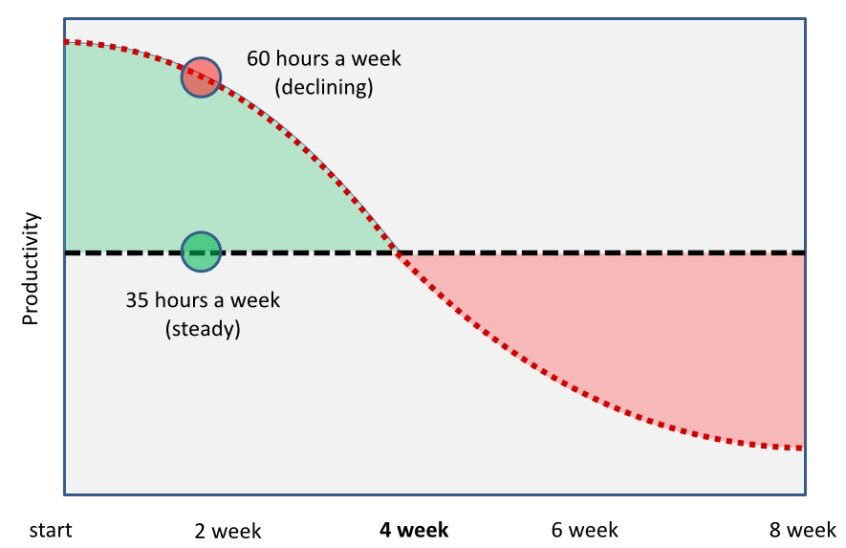
Let’s review types of the works
(Back to Cal Newport and his book Deep Work)
He introduces two types of work: Deep work and Shallow work.
Deep work: Professional activities done in distraction-free concentration that push your cognitive capabilities to their limit. It creates new value, improves skills, and is hard to replicate. Researching, exploring ideas, writing thoughtful content, analysing data, and developing a strategy are all examples of deep work.
Shallow work: Logistical tasks that don’t require much brainpower and are often done while distracted. This work does not usually create new value and is easy to replicate. Dealing with email and chat messages, checking social and platform notifications, pulling reports, and data entry are examples of shallow work.
The problem arises when we switch between them
If you don’t plan deliberately you could easily be wasting a lot of time on meaningless tasks, or have your time sucked away by distractions and interruptions.
And unfortunately, there’s a high and an invisible cost of switching tasks. According to this study, switching task halfway through can increase the time it takes to complete by 25 per cent.
Choose your deep work scheduling
There are four deep work scheduling philosophies.
- Monastic: Spend every workday only on high leverage activities, reject all other things.
- Bimodal: Split your time on an annual, monthly, or weekly basis into “deep work” and “shallow work”
- Rhythmic: Divide the day. Example: Mornings for deep work. Afternoons for shallow work.
- Journalistic: When your schedule allows. Example: If a meeting is cancelled, devote that slot for deep work.
My favourite one is rhythmic. I’ve been practising it for the last 11 years. For me (generally) -> mornings are for deep work, afternoons are for shallow work.
Find your deep work scheduling.
What else we could do to be productive
Nir Eyal’s Indistractible book is a gold mine for this. Here are some quick tips:
Be super-careful about group chats
“Group chat is like being in an all-day meeting with random participants and no agenda. The perils of the modern communications conveyor belt that never ends, divides your attention, fractures your time, and chains you to FOMO.”
This beautiful quote is from the founder of Basecamp, Jason Fried. There’s nothing I could agree more.
There are obviously many benefits to having a chat. No doubt about that. However, the cons are considerably more plentiful than the pros.
It creates mental fatigue and exhaustion, an ASAP culture, and fear of missing out. It causes knee-jerk responses, pile-on and devolving conversations, over-informing everyone in real-time and manic context-shifting and continuous partial attention.
Writing solidifies, chat dissolves. Substantial decisions start and end with an exchange of complete thoughts, not one-line-at-a-time jousts. If it’s important, critical, or fundamental, write it up, don’t chat it down as Jason says.
- Read and practice this amazing piece about being super mindful of group chats. Encourage everyone for asynchronous communication.
- Treat group-chat like a sauna – stay a while but then get out, it’s unhealthy to stay too long. Schedule time in your day to catch up on group chats.
- Don’t use chat for everything. Important topics need time, traction and separation from chatter.
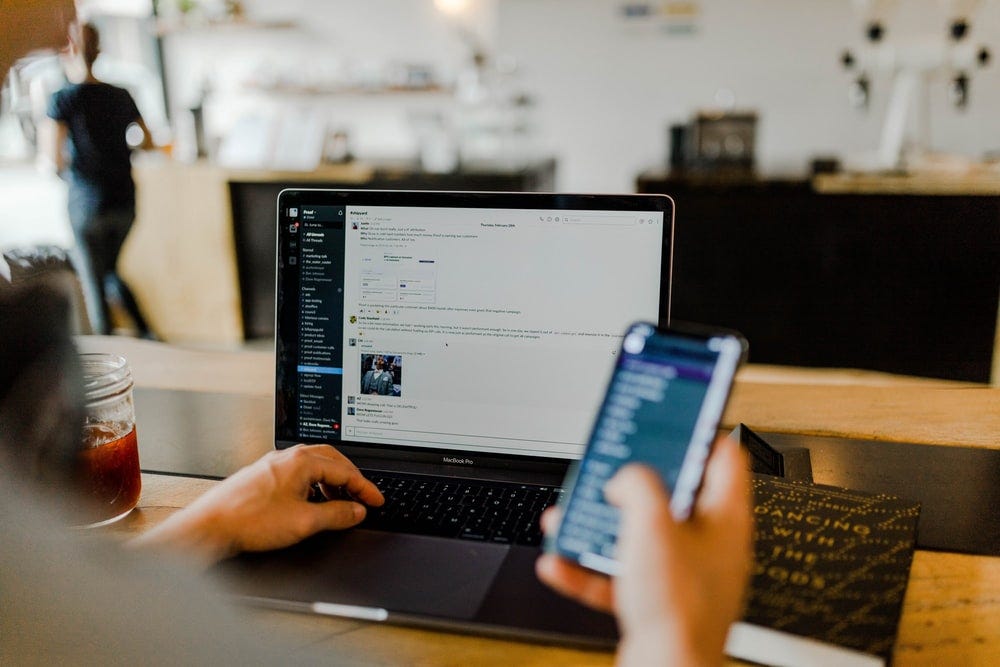
Reconstruct how you use email
A high number of workplace emails are waste. Some tips:
- To receive fewer emails, you must send fewer emails.
- Instead of replying to every email, open office hours and allow people to ask you in person. You’d be amazed at how many things become irrelevant when you give them a little time to breathe.
- Delay delivery: schedule your emails to be sent well after you write them. This reduces endless back-and-forths.
- Unsubscribe from unwanted emails.
- Process your emails in batches. Stop rechecking them throughout the day.
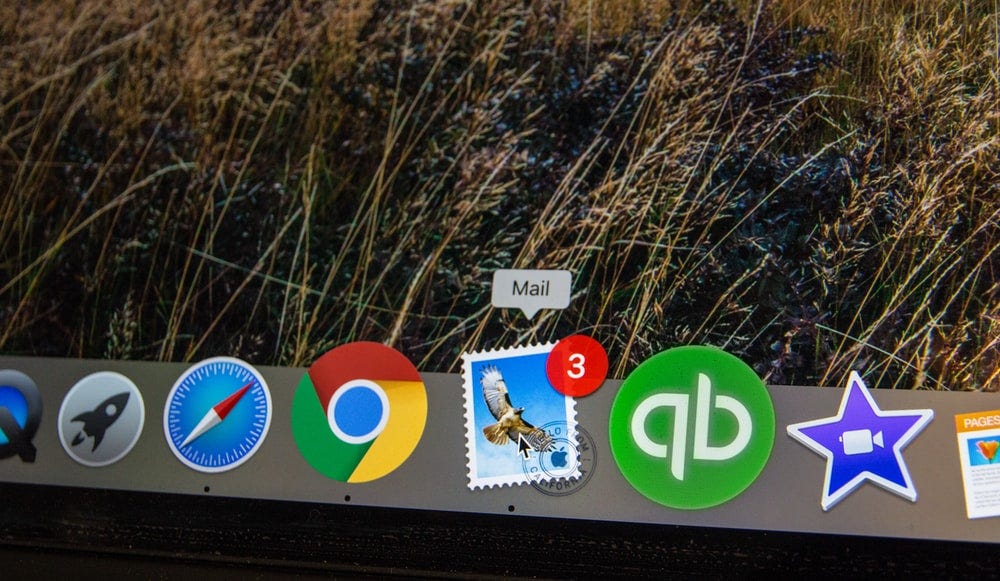
Call meetings as the last resort (not the first option)
People often schedule meetings to avoid putting the effort of solving a problem for themselves.
- Make it harder to call a meeting. Require an agenda and a briefing document.
- Meetings should only be for consensus building. Not creative problem-solving.
- If you’re in a meeting, be fully present. Devices make meetings even worse.
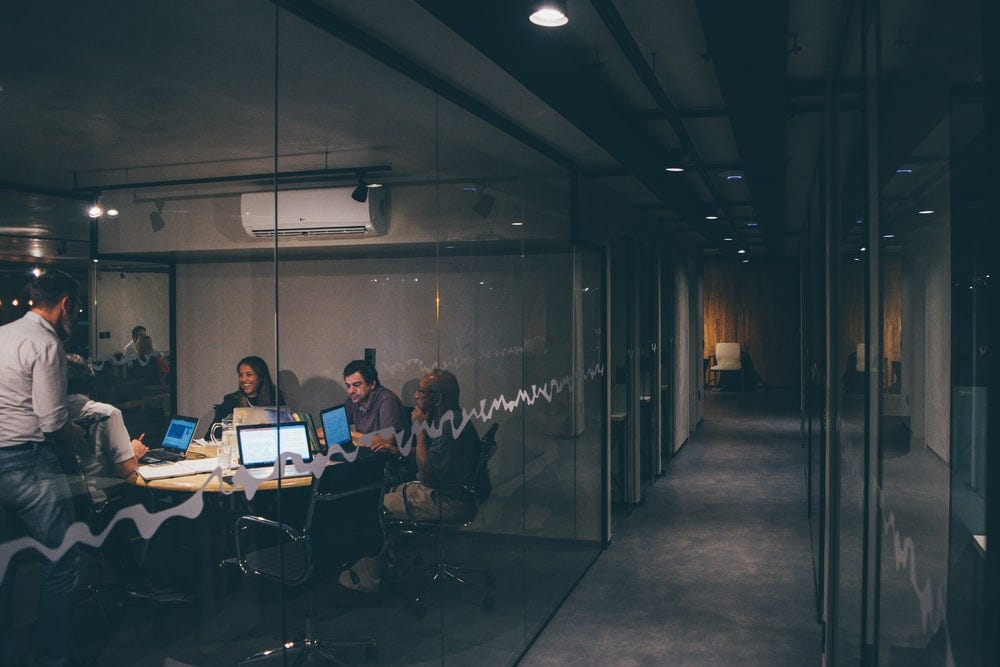
Hack back your smartphone
- Remove apps you no longer need.
- Delete apps you’re addicted to. If you need an app but it gets you addicted, timebox time to use it on your laptop, but delete it from your phone.
- Rearrange apps: Put the most primary, less distracting tools on your home screen. Like getting a ride, finding a location, adding an appointment. You can also put apps that you aspire to use.
- Stop distracting notifications from settings. Disable sounds and visual notifications. Use do not disturb mode when you want to focus.
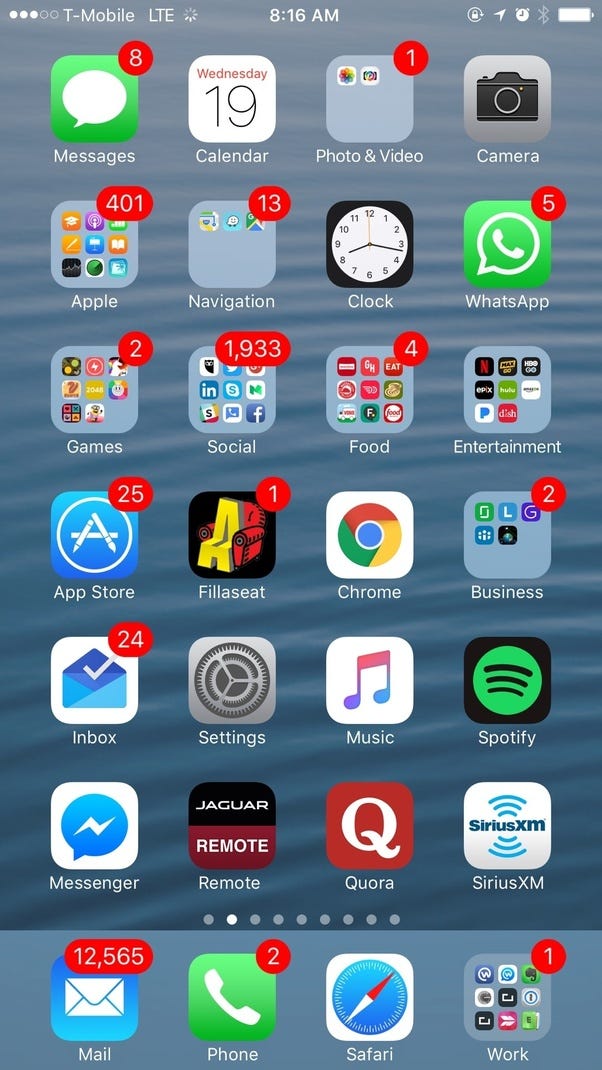
Say no
As James Clear says, the ultimate productivity hack is saying no. Say no wherever/whenever you can to allocate appropriate time for deep work.
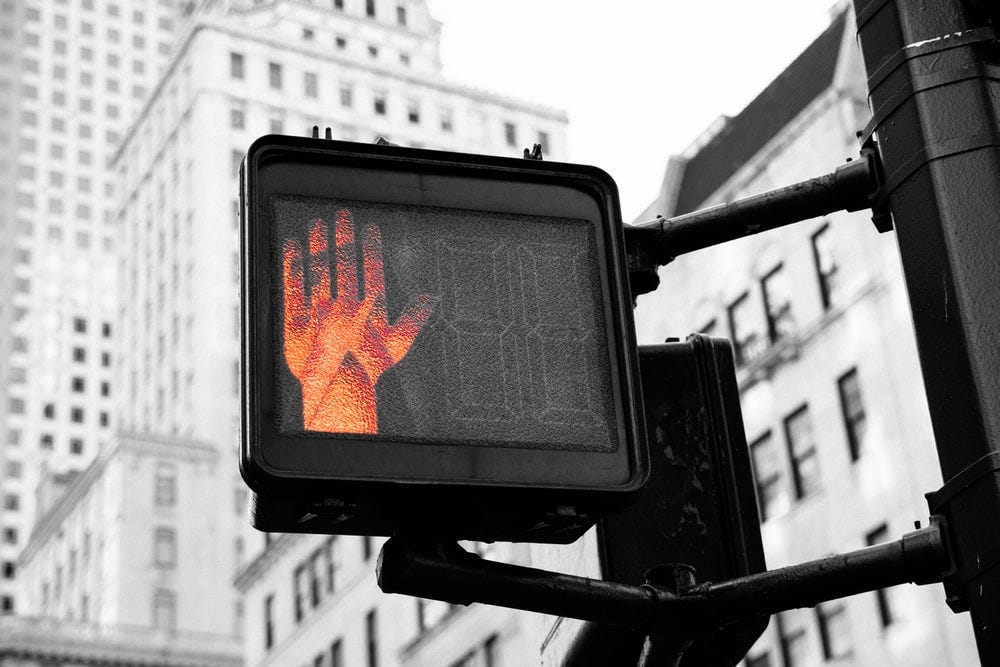
Being busy doesn’t mean being productive.
It’s not about quantity, it’s about quality. It’s not about being busy and creating waste, it’s about being lean and delivering value.
Be aware of your time. Plan accordingly and deliver deep work.
I’m helping ambitious people to master how to think better so they can live their life better. If you liked this post, join me and get signals in the noise.
